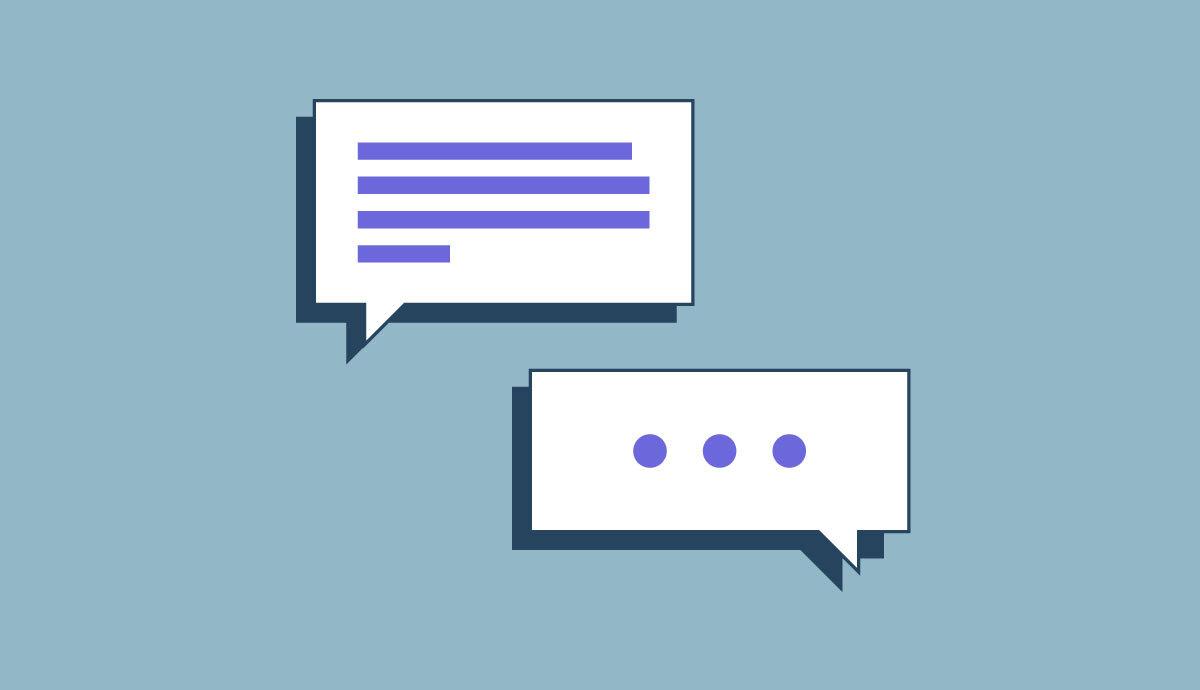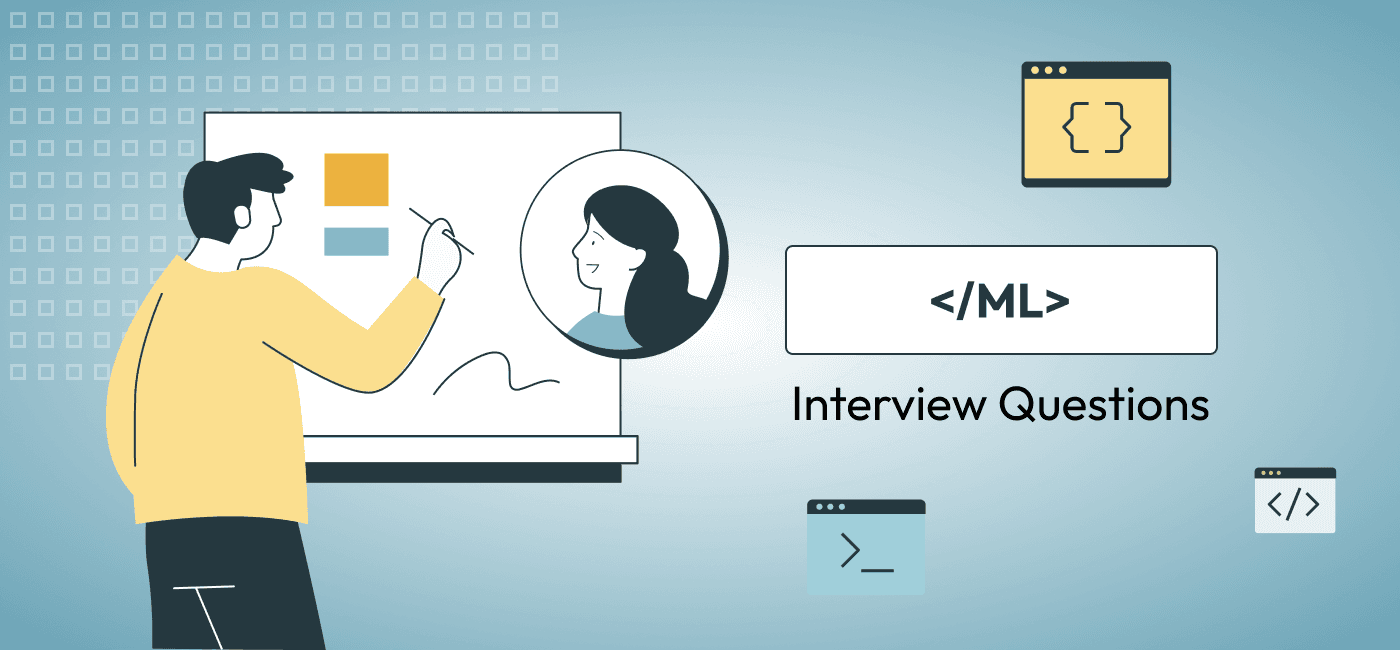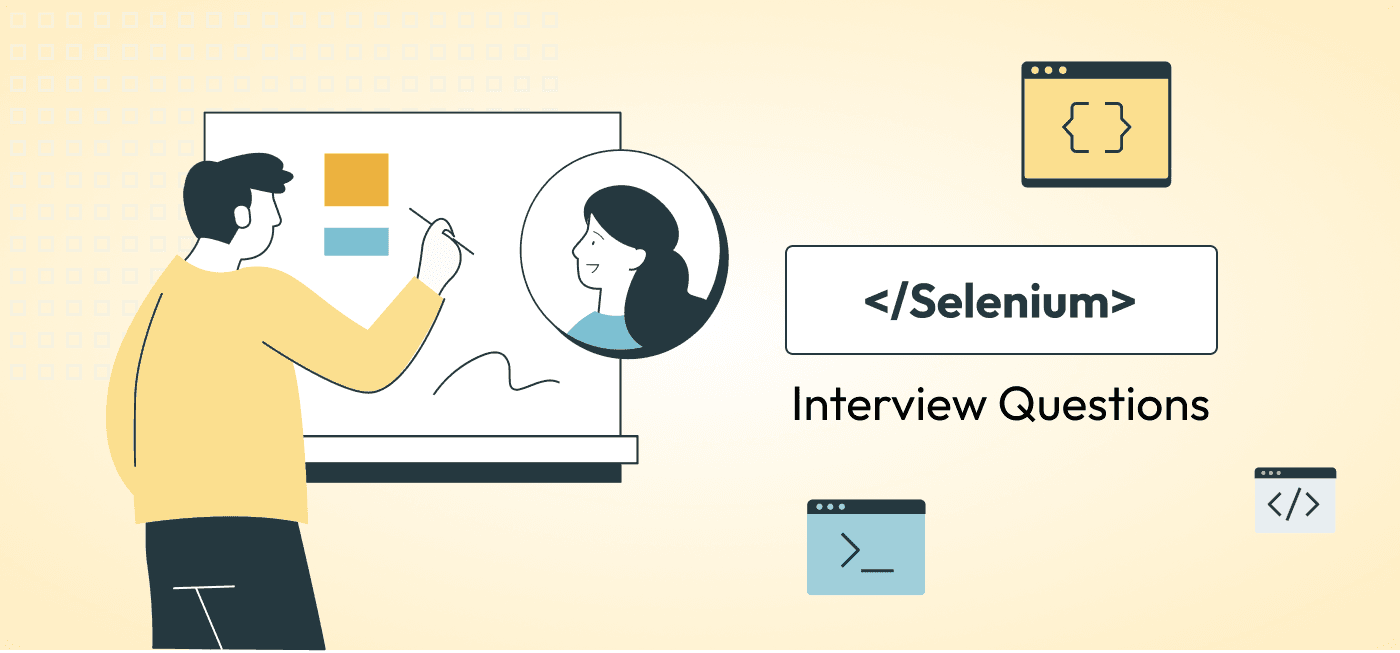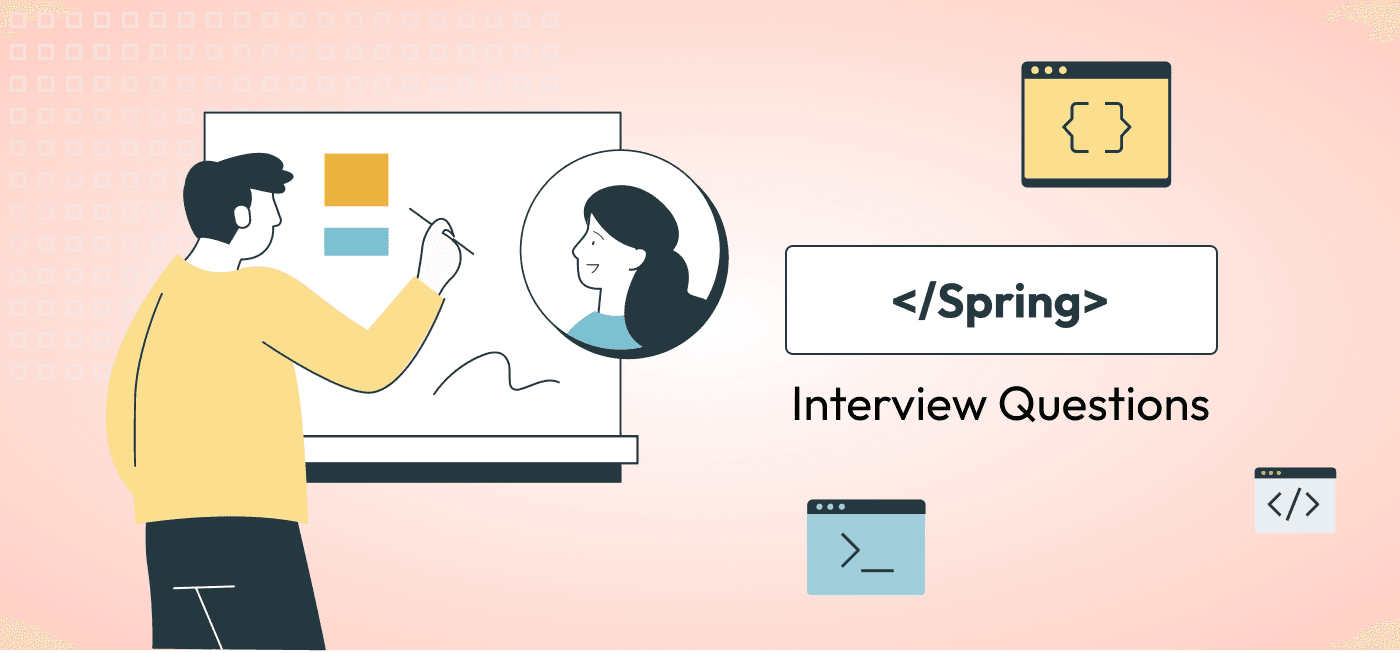
Hiring + recruiting | Blog Post
Land High-Performing Talent with these Remote Candidate Questions
Linzi Nield
Share this post
This is part one in a two-part series on the unique demands of interviewing and recruiting in today’s unprecedented ecosystem of remote hiring.
Nearly overnight, today’s pandemic has propelled companies across the US into a new era of remote work—and much faster than anyone had prepared to take on.
Within the world of recruiting that my team operates in, the impact that we’re seeing is substantial. From companies adapting to remote interviewing, to learning how to organize virtual panels, companies have been thrust into the daunting process of remote interviewing.
While it’s absolutely true that Coronavirus has upended traditional interviewing, interviewing has been ripe for an overhaul long before the pandemics’ arrival. As we enter a new era of recruiting, the companies who are able to reinvent their hiring and interviewing processes to meet these new demands will likely become the leaders in recruiting for tomorrow.
Moving away from hyper-focus on the technical
In a recent Terminal Survey, 9 out of 10 developers reported the interview process is broken, with issues such as long delays, disorganization and too many rounds of interviews. This comes as no surprise – when it comes to interviewing for engineering talent, companies tend to over-index on the technical side of the process.
But, when interviewing someone who may be spending part or all of their time working remotely, it’s equally important for interviewers to get creative about how they screen candidates for the necessary non-technical skills of a great remote team member.
One of the fastest ways to uncover these unique skills is through strategically tailored interview questions that are relevant to the unique demands of remote work. This is also a great way to show your company’s leadership in remote hiring, which is something candidates are paying extra close attention to right now.
Here is a list of the critical non-technical skills that our global sourcing team seeks in stellar remote candidates and how to frame interview questions to pull out these attributes in potential talent.
Five skillsets to look for (and the questions that help you find them)
1. Autonomy:
From the ability to navigate a complex project without significant oversight to knowing how to ask the right questions while navigating assignment roadblocks, autonomy shows up in many unique ways in a remote job. Working from home is new for a lot of people, and being able to own projects, timelines, and deliverables with minimal direction is equally important as the technical skills required for the role.
Relevant Interview Questions:
- Can you share some specific examples of how you have thrived autonomously on past projects?
- How have you been creative in independently advancing your work without your manager’s close supervision?
- Tell me about a time you had to define and lead a project with minimal direction.
2. Resourcefulness:
Being resourceful as a team member means creatively and proactively seeking the right resources and support needed for any presented situation, which is a skill that also happens to go hand-in-hand with autonomy. It’s important to find a candidate who not only works independently, but who also is not afraid to reach out for support when needed.
Relevant Interview Questions:
- Tell me about a time when you had to overcome a project obstacle on your own.
- Can you walk me through the steps and thought process you used to come to a solution.
- What is an example of a time when you found a non-obvious solution to a problem at work on your own?
3. Strong Verbal + Written Communication:
Responsiveness and the ability to explain questions and concerns with clarity are just a few examples of why strong written and verbal communication are essential for remote team success. A great way to gauge someone’s ability to communicate concisely is to ask them to explain a technical concept or product to someone who doesn’t have a tech background. If you are hiring for a position that will work cross-functionally this is extremely important to minimize the risk of error.
Relevant Interview Questions:
- Can you share an example of when clear communication made a project flourish?
- How about a time when communication hindered the success of an initiative?
- In retrospect, how would you go about this differently today to achieve a better outcome?
4. Self-motivation:
Self-motivation acts as the ember to a fire, so to speak, that fuels autonomy and resourcefulness. A self-motivated team member will often show signs of having a natural curiosity and love of problem-solving, and they will also likely ask you many “why” questions during the interview process. Candidates who have accomplishments to share related to personal projects as well as work projects tend to have the right self-starter mentality to succeed in a remote environment.
Relevant Interview Questions:
- What is the last thing you learned? Why did you pick this, and how did you go about learning it?
- How do you keep yourself ahead of the game? How do you stay informed on the latest trends?
- Can you share an example of when you had to self-motivate through a long and challenging project?
- In the past, how have you remained motivated on a difficult project with minimal oversight?
- During your career, what was the last project you worked on where you spearheaded the initiative without previously being asked to?
5. Proactive Collaboration:
One of the most daunting aspects of hiring engineers for a remote team is the idea of a full engineering team not being in the same room, working shoulder-to-shoulder on a project. With so many moving pieces, proactive collaboration among team members is essential. Virtual whiteboards like InVision’s Freehand tool is a great way to incorporate a collaborative coding or architecture exercise during the interview process.
Relevant Interview Questions:
- Tell me about a successful team collaboration at your last job and how you specifically contributed to the process.
- How do you define your collaboration style as a team member?
- What are your favorite ways to foster collaboration with fellow team members when working asynchronously on a project?
The Significance Of Building A Remote Culture Today
As a hiring manager or recruiter leading a virtual interviewing process, it’s vital that you are not only asking the right questions to candidates, but that you too have prepared yourself to speak to the ways in which you support your remote team and the types of resources and tools that you have in place to make sure everyone it set up for success.
It’s also wise to prepare yourself to speak to how your organization is investing in building a solid remote working culture, because in today’s remote-centric job market, competitive talent will also be asking more questions to find the best remote teams and employers to join.


